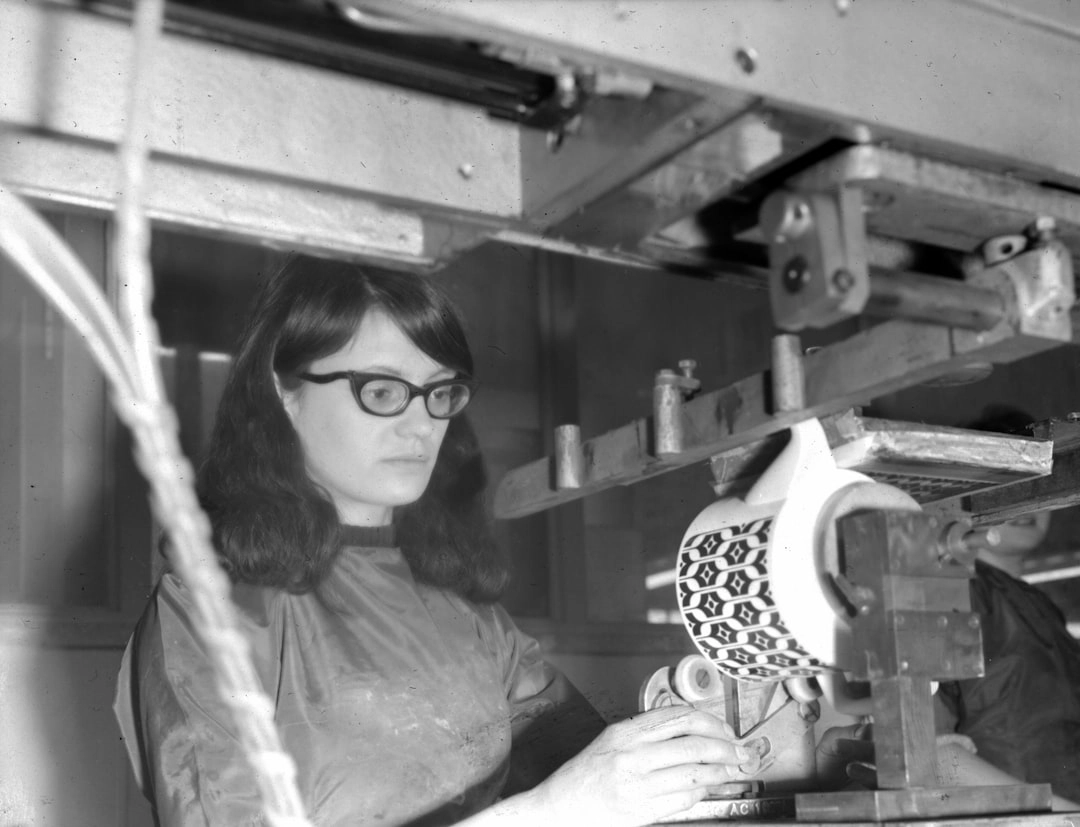
What it is:
Sustainable craft brewing techniques refer to innovative practices that minimize environmental impact while maximizing efficiency and quality in the brewing process. These techniques focus on the responsible use of resources, including water conservation, energy efficiency, waste reduction, and sourcing local and organic ingredients. By embracing sustainability, craft breweries not only enhance their product quality but also appeal to an increasingly eco-conscious consumer base.
Key Sustainable Practices in Craft Brewing
Some of the notable sustainable practices include water reclamation and treatment, energy-efficient brewing equipment, utilizing renewable energy sources, and implementing comprehensive recycling programs. Additionally, many breweries engage in community-supported agriculture (CSA) to source local grains and hops, reducing transportation emissions and supporting local economies.
Why Sustainability Matters
As craft breweries become more prevalent, their environmental impact grows correspondingly. Implementing sustainable techniques helps mitigate issues related to climate change, resource depletion, and waste accumulation. Moreover, it aligns with the values of consumers who prefer brands that prioritize environmental stewardship and social responsibility. This approach fosters a closer connection between breweries and their communities, enriching the overall brewing culture.
Real-world Problems
Despite the benefits, there are several challenges and real-world problems faced by craft breweries aiming for sustainability. One significant issue is the high upfront costs associated with implementing sustainable technologies, such as solar panels or energy-efficient brewing systems. For many smaller breweries, these initial financial barriers can be discouraging.
Water Scarcity
Water scarcity is another pressing concern in brewing, as the process is water-intensive. Many regions experience water shortages, which can hinder brewing capabilities and increase competition for this vital resource. Sustainable practices such as water recycling can alleviate some of these challenges, but implementing these systems requires investment and knowledge that may not be readily available to all breweries.
Supply Chain Disruptions
Moreover, sourcing local and organic ingredients can present supply chain disruptions. Factors such as climate change, pest issues, and fluctuating prices can make it difficult for breweries to maintain a consistent supply. These challenges are compounded by the competition for local resources and the need for niche ingredients that may not always be readily available.
Consumer Awareness and Education
Lastly, consumer awareness plays a crucial role in the success of sustainability initiatives in the craft brewing industry. There is often a lack of understanding regarding the value of sustainable practices, which can lead to hesitancy to support higher-priced, sustainably-produced beers. Educating consumers about the benefits of sustainable craft brewing and encouraging supportive behavior is essential for fostering a more sustainable future in the industry.

Solutions for Sustainable Craft Brewing
Addressing the challenges of sustainable craft brewing requires a multifaceted approach that encompasses financial strategies, technological advancements, community engagement, and consumer education. By implementing these solutions, breweries can enhance their sustainability practices while fostering a greener brewing industry.
1. Financial Incentives and Grants
Many local and federal programs offer financial incentives, grants, or low-interest loans to businesses that implement sustainable technologies. Craft breweries can leverage these resources to offset the initial costs of purchasing energy-efficient equipment or setting up renewable energy systems. Seeking partnerships with environmental organizations can also provide additional funding opportunities.
2. Innovative Water Management
To combat water scarcity, breweries can adopt innovative water management techniques such as rainwater harvesting and greywater recycling systems. Implementing efficient brewing processes and equipment that reduce water usage can also significantly lower overall consumption. Collaborating with local water conservation initiatives can promote best practices and help build a sustainable water strategy.
3. Collaborating with Local Suppliers
Establishing strong relationships with local farmers and suppliers can mitigate supply chain disruptions by ensuring a steady flow of quality ingredients. Collaboration can enhance product quality while reducing transportation emissions. Additionally, breweries can invest in local agriculture by promoting sustainable farming practices, further supporting their supply chain integrity.
4. Community Engagement and Education
Engaging with the community through outreach programs and educational initiatives can enhance consumer awareness of sustainable practices. Breweries can host workshops, tastings, and events focused on the importance of sustainability in brewing. By fostering a deeper understanding of environmental issues, breweries can inspire consumers to support more sustainable choices and align their purchasing behavior with their values.
5. Transparency in Marketing
Breweries should strive for transparency in their marketing efforts, clearly communicating their sustainable practices and the benefits they provide. This can help build trust with consumers and reinforce the importance of choosing sustainable options. Highlighting stories of local sourcing, energy efficiency, and waste reduction efforts on packaging and social media can significantly increase consumer interest and support.
Conclusion
By implementing these solutions, craft breweries can effectively navigate the challenges of sustainable brewing. With collective efforts from the industry, communities, and consumers, the path toward a greener future in craft brewing can be achieved.















